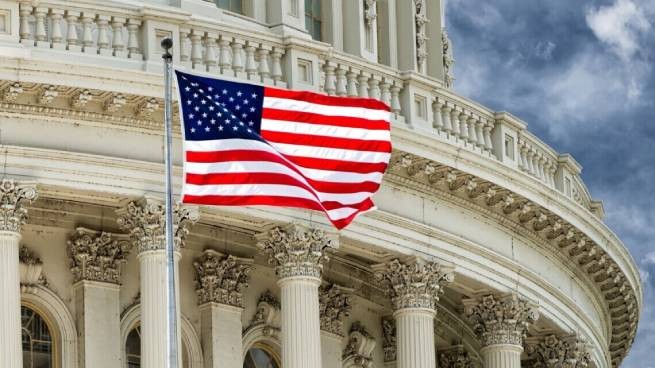The energy crisis and rising prices are the biggest concerns for Greek consumers, according to a statistical survey conducted by the Research Institute for Consumer Goods Retailing (IELKA).
The survey with a sample of 1000 consumers was conducted during the week from August 29 to September 2, 2022. According to IELKA, the biggest fear right now is the financial crisis faced by households due to the energy crisis and rising prices:
- 31% say they experience anxiety
- 29% irritation,
- 25% fear
- 23% uncertainty about the future,
- 5% even declare panic.
And only 2% say that “but we don’t care!” (we are not afraid of either the wolf or the owl … As the song of the well-known Soviet film says – approx. author).
At the same time, the population is gripped by feelings of anger (27%) and fear (19%) about the war in Ukraine, which is lower than in April 2022 (30% and 26% respectively).
Fear of the COVID-19 pandemic is clearly lower but still at 13% and 23% respectively, with anxiety up from 19% in April. It is noteworthy that the level of indifference to both issues has increased significantly: to 15% due to the war in Ukraine and 23% due to the COVID-19 pandemic.
The topic of rising prices is rated as “the most important issue for consumers.” This is the answer of 52% of the population. Followed by: energy costs are extremely concerned about 39%, and the war in Ukraine 4%. Greek-Turkish relations are also considered a problem by 4% and finally the COVID-19 pandemic with just 1%.
In fact, when comparing figures from studies conducted during the financial crisis of the 2010s or the coronavirus pandemic of 2020-2021, a much larger percentage of Greeks (64%) believe that the current crisis is getting worse and worse. The financial crisis of the 2010s was considered a problem by 30% and finally the coronavirus crisis by 6%.
Focusing on price increases, the study shows that energy and heating costs are the most burdensome for the population (56%), followed by food (27%), fuel and transport costs (13%) and finally goods (except food products) from 1%.
The responses of the population are similar in terms of whether what expenses they need additional financial assistance:
- 97% for energy bills,
- 93% fuel,
- 86% food,
- 69% rental housing.
At the same time, however, a large part of the population receives relative assistance in covering these costs at the initiative of the government. Judging by the responses, 53% believe they receive good assistance for energy and 49% for fuel.







More Stories
Highway E65: how long does the Athens-Kalambaka journey take, toll
"Tax" for fire protection of real estate
The first non-state medical school in Greece